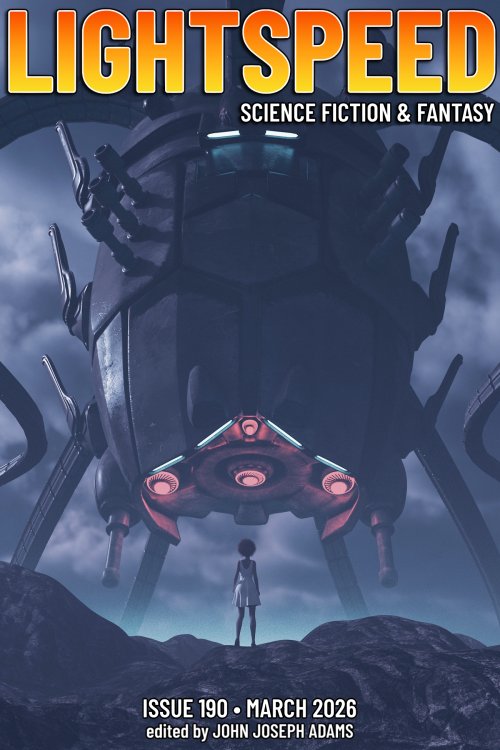Author Spotlight
Author Spotlight: Liz Coleman
I’m fascinated by unorthodox sexuality and the changes we put ourselves through for our loved ones. So I wanted to write about a guy dating aliens, which leads to the question, “Why would aliens want to date a human?”









